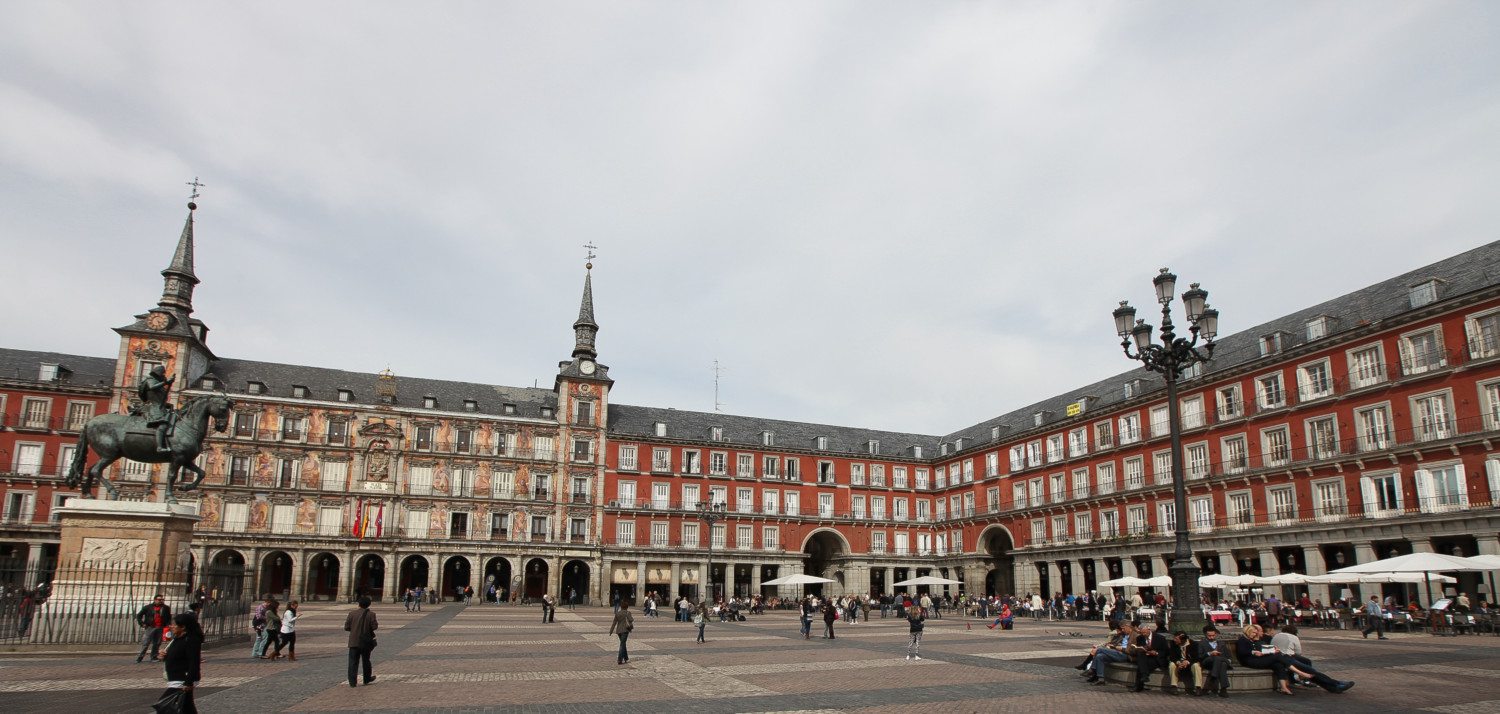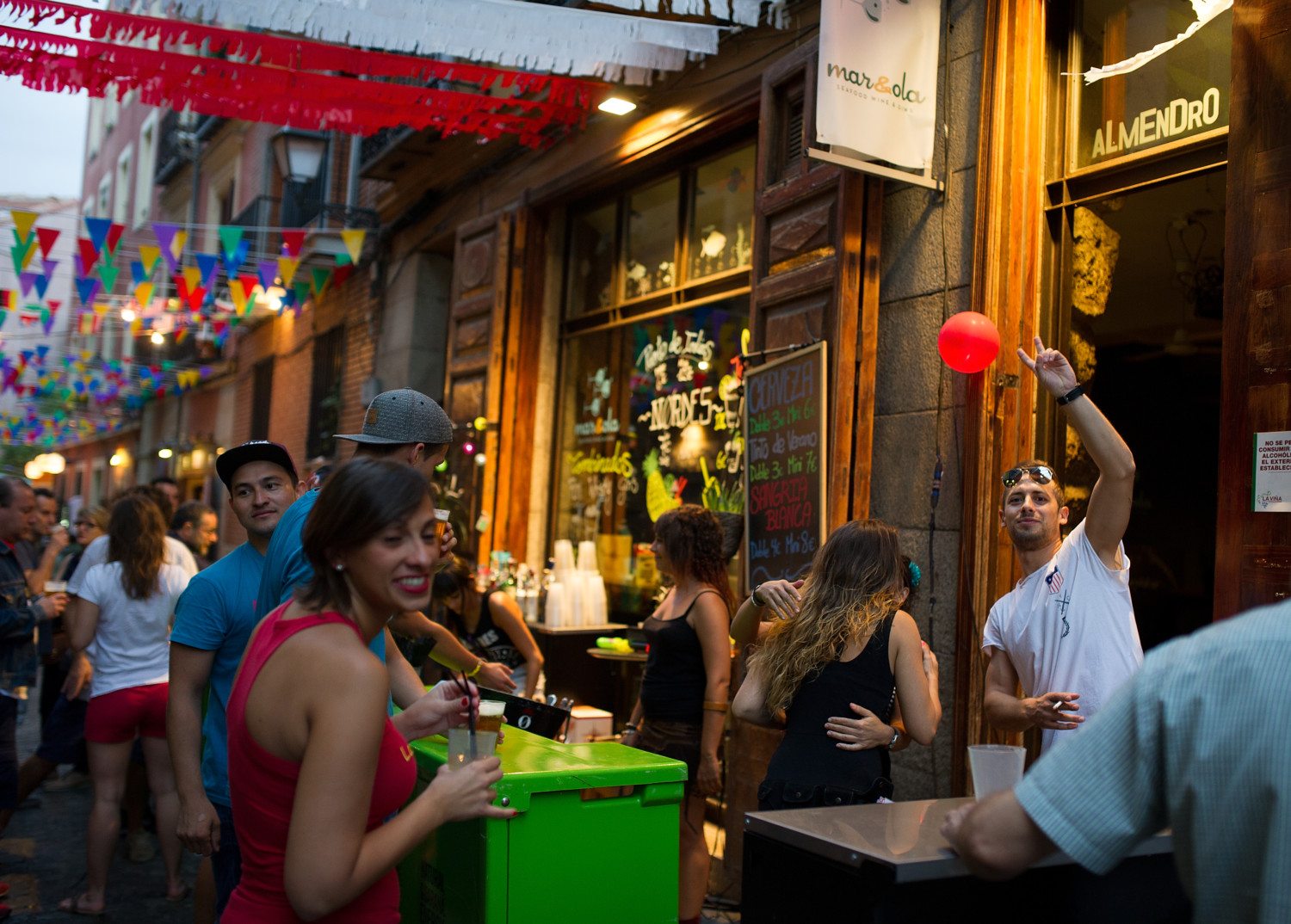Here’s the real reason people eat dinner so late in Spain
When I was living and working in Spain, two things became very apparent to me, very quickly. The first was that you cannot rush a Spaniard through lunch. The second was that dinner is, and will always be, late. I always thought this was just because lunch is the biggest meal of the day and typically eaten in the early afternoon, but it turns out that’s not the case at all—it’s because Spaniards live in an incorrect time zone.
If this is confusing to you, that’s because it’s a confusing situation in general. It all goes back to when the dictator Francisco Franco ruled the country. He changed the laws to make Spain in the same time zone as Germany, one hour forward. He did this so the country would be more in sync with Nazi Germany. Franco was a very rotten guy.
Spain should actually be in Greenwich Mean Time (GMT), like Portugal, the U.K. and Morocco, but once Franco was deposed, the clocks were never changed back. Because of this, Spanish meals, work days and even television programming continued to be pushed one hour ahead, hence the later days.
Last year, Prime Minister Mariano Rajoy announced a plan to return the country to GMT. This was in an effort to abolish siestas and set the Spanish work day to end at 6 p.m., as opposed to 8 p.m. And, according to the BBC, “a January 2017 study by research company Simple Lógica found that less than 18 percent of Spaniards nap regularly, while nearly 60 percent never take a siesta.”
While I can tell you I certainly was not a part of that 60 percent while living in Spain, there have been murmurs that returning to GMT could be better for the country’s productivity.
“The fact that the time in Spain doesn’t correspond to the sun affects health, especially sleep,” José Luis Casero, president of the National Commission for the Rationalization of Spanish Schedules, told the BBC. “If we changed time zones, the sun would rise one hour earlier and we’d wake up more naturally, meal times would be one hour earlier and we’d get an extra hour’s sleep.”
It remains to be seen whether or not Spain will move to GMT. Until then, it’s tapas at 10 pm for everyone.







